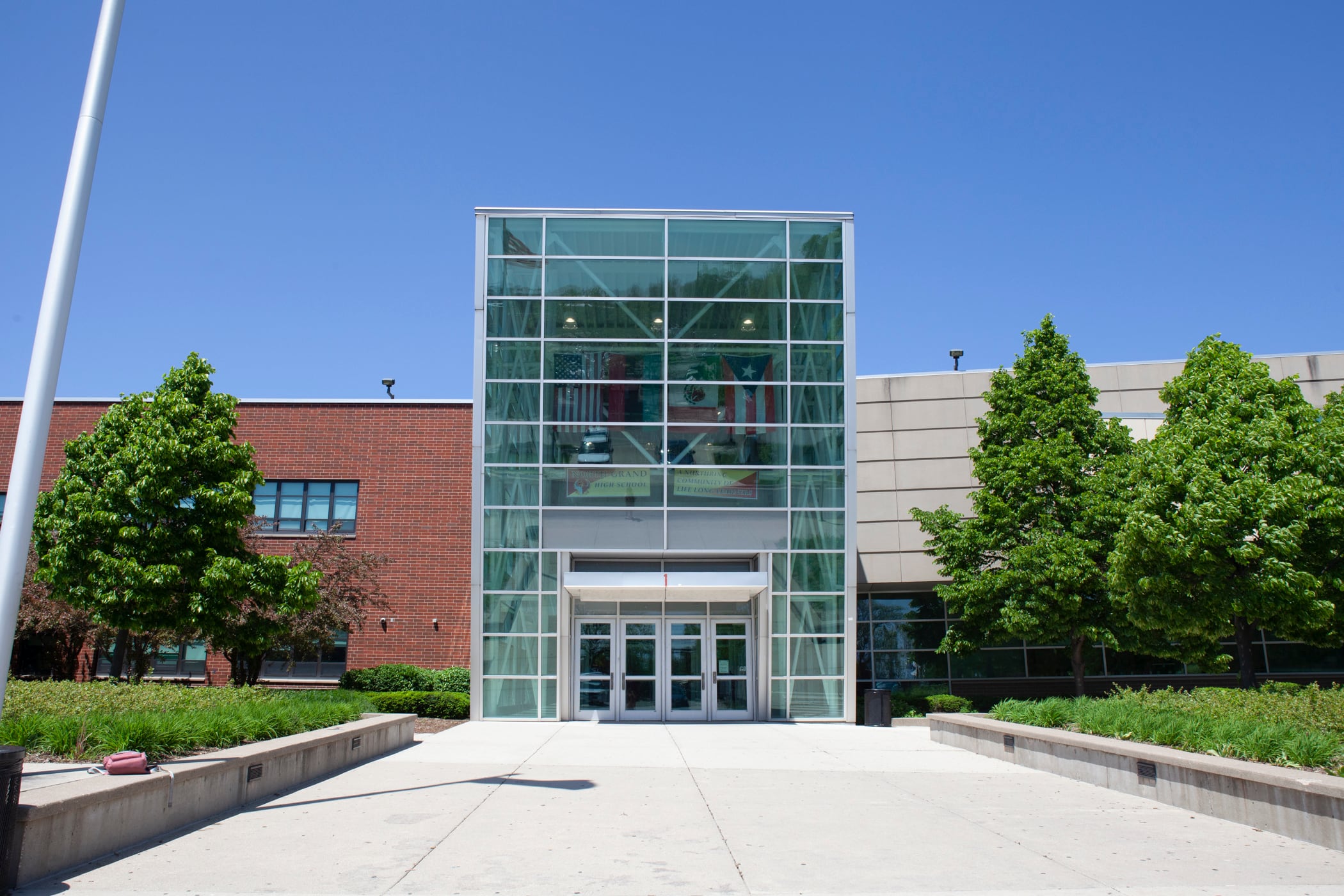Should Illinois put into place more stringent high school graduation requirements amid a pandemic and a teacher shortage?
Some state board of education members this week raised concerns about one of the proposals in an ambitious education bill that is heading to the governor’s desk. The Black legislative caucus passed a bill that would require high schoolers to take two years of a world language, two years of laboratory science and a course with computer literacy — matching general admission requirements at the University of Illinois. The new requirements could go into effect as early as the 2024-2025 school year.
The bill has not yet been signed into law by Gov. J.B. Pritzker.
Susan Morrison, chair of the education policy planning committee, was concerned about whether school districts would have enough educators to teach the required classes as the state is facing a teacher shortage, especially of world language teachers.
“I know an elementary school in our area who was looking for an immersion program, which I would strongly urge support at the elementary level. They couldn’t find a second language teacher so they could continue to have that program,” she said.
Morrison recommended that the board assess its current high school graduation requirements before adding more onto local school districts, teachers and students.
And while college prep programs might be a priority for some students, state school board member Christine Benson, a former educator, said not all students want to go that track.
“I’m looking at all the [career and technical education] people who have worked so hard to get away from college prep being the only image that you go for, and we forget, we have students with all decisions to make to their passions, and we’re not allowing them to make these decisions,” she said.
Donna Leak, a state school board member who is superintendent of Community Consolidated Schools District 168, agreed with Morrison and Benson, saying that high schools have worked hard to create tracks for students to ensure that their courses match their career goals.
The bill would mandate changes to all of Illinois schools. Chicago, the state’s largest school district, made those changes in the mid-1990s, but the transition was bumpy and, in some cases, had negative consequences for students.
Elaine Allensworth, director at the University of Chicago Consortium on School Research, said that many schools in Chicago were not prepared to drastically change their curriculum to a college preparatory curriculum. Schools did not have enough teachers who could teach college preparatory classes and the quality of instruction went down.
“For students who would have been taking more of the general classes they actually became more likely to fail,” said Allensworth.
To avoid that, Allensworth recommended providing students with support to succeed in their classes and more close monitoring of student performance.
One learning strategy Allenworth mentioned is giving students with weaker skills in one subject another class with the same teacher. For example, if a student struggled with math concepts, that student would take a math class in the morning and a second class with the same teacher in the evening. That student will have a chance to catch up with their peers and keep the first class on the same pace.






